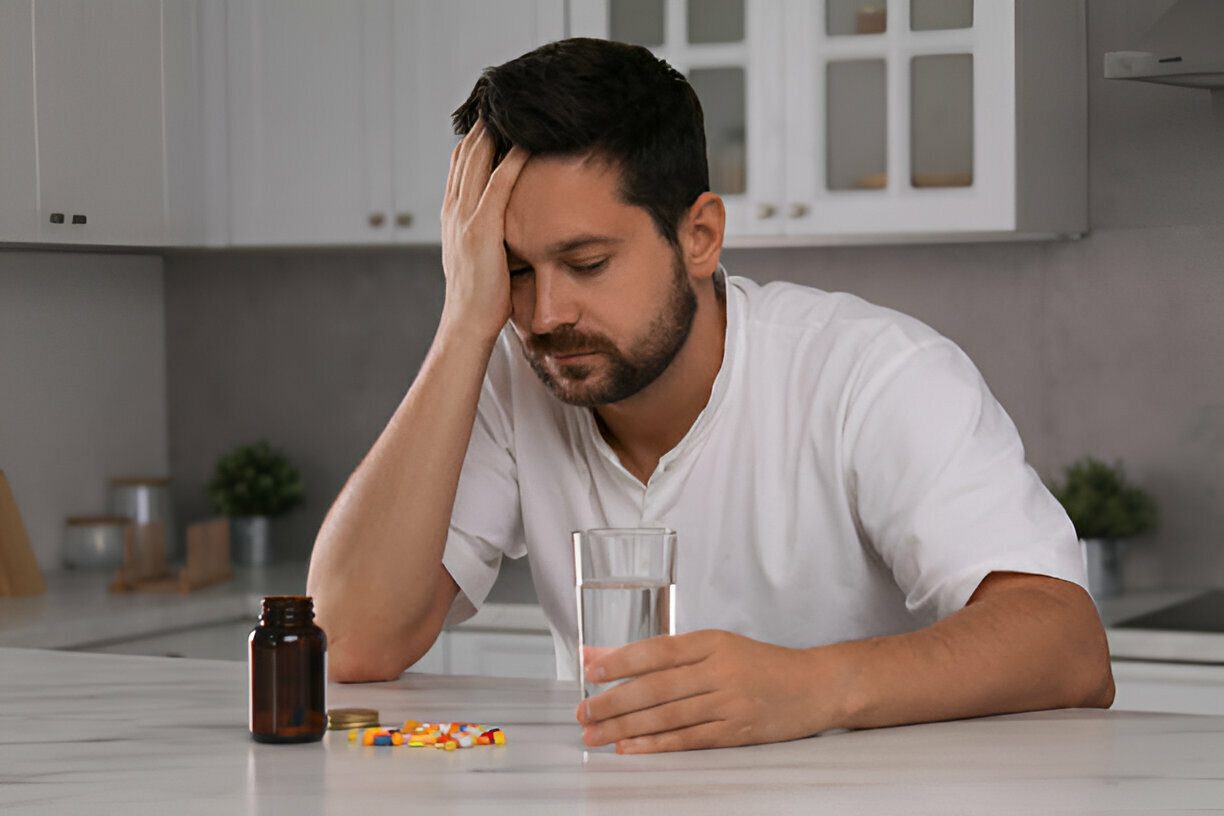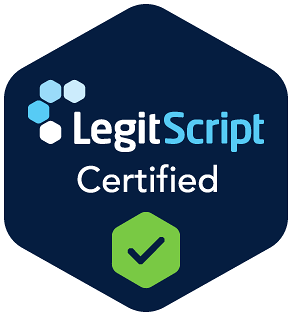Introduction
Starting a medical detox program is a big decision. And for many people, especially those who’ve just been diagnosed with a substance use disorder, it feels overwhelming. You may be afraid of what withdrawal will feel like. You might be unsure what to bring. You may even be wondering if this is really the right step—or if you’re ready.
At TruHealing Cincinnati, we understand how complicated these first moments can be. That’s why we’ve created this resource—to help ease some of the uncertainty around what happens in your first week of detox. This blog covers both practical logistics (what to pack, what to expect physically) and emotional reassurance (what won’t be asked of you too soon). Our goal is to help you feel more informed, more equipped, and a little more grounded as you prepare.
What Happens During the First 72 Hours of Medical Detox
The first few days are about one thing: stabilization. That means your physical safety and emotional grounding come first.
Here’s what typically happens when you arrive:
- Initial assessment: Our medical team will ask about your substance use, health history, medications, and any current concerns. This helps us personalize your care.
- Vital signs and lab work: Blood pressure, heart rate, and basic labs help guide how your detox is monitored.
- Medication management: If needed, medications may be prescribed to manage withdrawal symptoms safely.
- Quiet rest: The environment is low-stimulation by design, giving your body a chance to reset and your nervous system space to calm down.
You are not expected to be “on” during these first few days. You are allowed to sleep, cry, rest, feel unsure, or ask questions. This is your time to begin healing at your own pace.
What to Pack: A Checklist That Centers Comfort, Not Perfection
When you’re entering detox, packing can feel oddly emotional. You’re bringing pieces of your everyday life into a space where everything is changing. The goal isn’t to overthink it—it’s to bring what makes you feel safe, clean, and as steady as possible.
Here’s a simple, calming checklist to guide you:
✅ Clothing
- 5–7 pairs of comfortable clothes (think lounge wear, nothing restrictive)
- Sweatshirt or hoodie for cool indoor temperatures
- Comfortable, closed-toe shoes or slip-on slippers with grip
- Pajamas and extra socks
✅ Toiletries (must be sealed and alcohol-free)
- Toothbrush and toothpaste
- Alcohol-free deodorant
- Shampoo and conditioner
- Body wash or soap (non-scented preferred)
- Hairbrush or comb
- Any prescribed, approved medications (in original containers)
✅ Optional / Comfort Items
- A paperback book (no hardcovers or electronics)
- A notebook or journal
- Printed family photos or a calming quote
- Glasses or contacts
🚫 What Not to Bring
- Electronic devices (phones, tablets, laptops)
- Any product with alcohol (perfume, mouthwash, sanitizer)
- Vapes, cigarettes, or nicotine unless approved ahead of time
- Valuables, cash, or jewelry
If you’re not sure whether something is allowed, call the center beforehand. We’d rather answer your questions than have you pack in a panic.

How You Might Feel: Withdrawal Isn’t One-Size-Fits-All
Detox affects each person differently. What you experience physically and emotionally will depend on what substances you’ve used, how long you’ve used them, and your overall health.
Common physical symptoms include:
- Sweating, shaking, chills
- Nausea, vomiting, or stomach cramps
- Headaches or muscle aches
- Difficulty sleeping
Common emotional and mental symptoms:
- Anxiety, restlessness, or irritability
- Depression or emotional numbness
- Cravings or panic
- Mental fog or memory issues
Here’s what you won’t have to do: Pretend you’re okay when you’re not.
We’re here to help you feel safe and seen. Medications, hydration, nutrition, and trauma-informed support are all built into your care plan from day one. You are not expected to tough this out alone.
What You’ll Be Asked to Do (and What You Won’t)
Early detox is not about proving anything. It’s about giving your body and mind space to come down, calm down, and begin repair.
Here’s what your first 7 days will include:
- Rest and regular wellness checks
- Gentle support from nurses and detox techs
- Nutritious meals and snacks
- Monitoring of withdrawal symptoms and medication effectiveness
What you won’t be expected to do:
- Participate in deep therapy sessions
- Engage in group discussions unless you want to
- Make long-term decisions about treatment right away
If you feel like you’re falling apart—good. That means you’re no longer holding it all in. This is what healing often looks like at the start.
After Detox: What Comes Next?
Detox is a beginning, not a finish line. It’s the part where your body starts to clear itself of substances—but the emotional healing, behavior change, and mental health support come next.
After detox, most people continue treatment in one of the following ways:
- Residential treatment (inpatient): Full-time, structured recovery setting
- Partial hospitalization (PHP): Daytime care with evenings at home or in sober housing
- Intensive outpatient (IOP): Fewer hours per week, often paired with work or school
- Therapy and medication management: Ongoing emotional and mental health support
At TruHealing Cincinnati, our Medical Detoxification Program in Cincinnati is just the beginning. We work with you to build a personalized aftercare plan before you leave detox. You’ll meet with a care coordinator to explore options, talk through fears, and decide what comes next based on your needs—not pressure. If you’re local to Lexington, Kentucky or Springfield, Ohio, TruHealing offers help that meets you exactly where you are.
FAQs: Starting a Medical Detox Program
How long does medical detox last?
Most detox programs last between 5 to 10 days, but it depends on your health, history, and how your body responds. You’ll never be rushed.
Will I be in pain?
Withdrawal can be uncomfortable, but we use evidence-based medication and care to reduce symptoms and keep you as comfortable as possible.
Can I talk to my family while I’m in detox?
Yes, but phone use may be limited at first so you can rest. We’ll help coordinate contact if it supports your healing.
Do I have to go to more treatment after detox?
We’ll strongly recommend it, because detox alone doesn’t address the root causes of addiction. But you’ll have options—and support making a plan.
What if I change my mind and want to leave?
You always have agency. We’ll talk with you, help you understand your options, and support your right to choose—even if that choice feels scary.
Still Have Questions? We’re Here.
You don’t need to have it all figured out to begin. Whether you’re packing your bag or just reading through this with uncertainty in your chest, TruHealing Cincinnati is here for you.
Call us at (513) 643-9117 or visit our contact us page to learn more. We’ll help you prepare, feel safer, and take this first step at your own pace.


